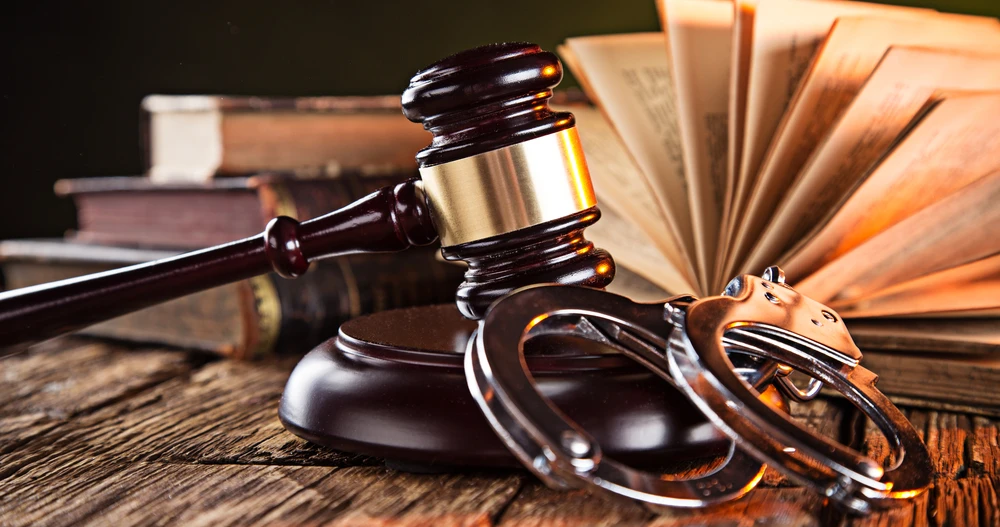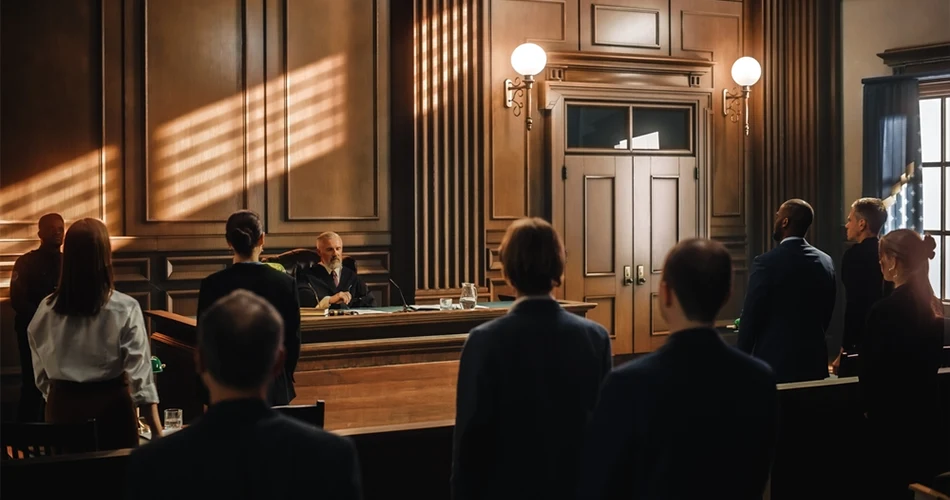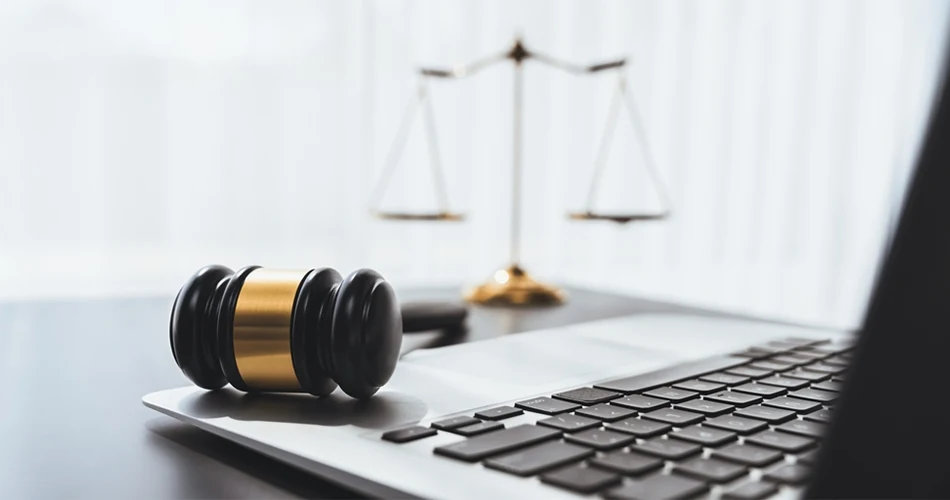Lawyers constitute a fundamental pillar in the legal system, and their role is not limited to providing legal advice and defending the rights of individuals and institutions alone, but extends beyond to include serious efforts in promoting the rule of law and combating corruption. As advocates for justice and the law, lawyers must be effective voices in building a robust society based on the principles of justice and transparency.
At the beginning of their professional careers, lawyers learn the ethical and professional values that should guide their work, and then apply these values in their daily practices. Lawyers must have the courage to stand against corruption, whether in the public or private sector, and work towards achieving justice and enforcing the law without bias or favoritism.
Through their role in providing legal advice and representing clients in courts, lawyers can identify legal violations and assist in achieving justice and enforcing penalties against those responsible for corruption. Additionally, lawyers possess deep knowledge of the law and legal procedures, making them effective partners in anti-corruption efforts and legal reforms.
However, the role of lawyering is not limited solely to practicing law in courts, but extends to participating in public dialogues and supporting policies and reforms that promote integrity and strengthen the rule of law. For example, lawyers can work on developing laws related to integrity and anti-corruption, and support legislative reforms that enhance openness of data and transparency in government and corporate affairs.
In conclusion, the role of lawyering in building a resilient society embodies crucial efforts to ensure the justice and stability of the community, a role that should be appreciated and promoted in every society. Enhancing the rule of law and combating corruption requires collaboration and joint efforts from lawyers and the entire society.








